Religious belief isn’t disappearing overnight, but it’s definitely changing fast.

More people than ever are stepping away from organised faith—roughly 20%, according to Pew Research Center figures—and just as many are asking harder questions than past generations might’ve dared to voice. Instead of just going through the motions, people are wondering out loud what faith really means, what parts they still believe, and whether you can hold on to anything sacred without holding on to all the rules. These are some of the biggest changes that are happening as a result.
1. Traditions get untangled from belief.

People might stop believing in the teachings but still show up for the rituals, such as weddings, funerals, holidays. That’s because these moments still carry emotional weight, even if the spiritual meaning behind them feels more distant. It becomes less about doctrine and more about culture or connection. You might not believe in the afterlife, but you still light a candle. These symbolic acts start standing on their own, separate from faith, but still powerful in their own way.
2. Doubt stops being something to hide.
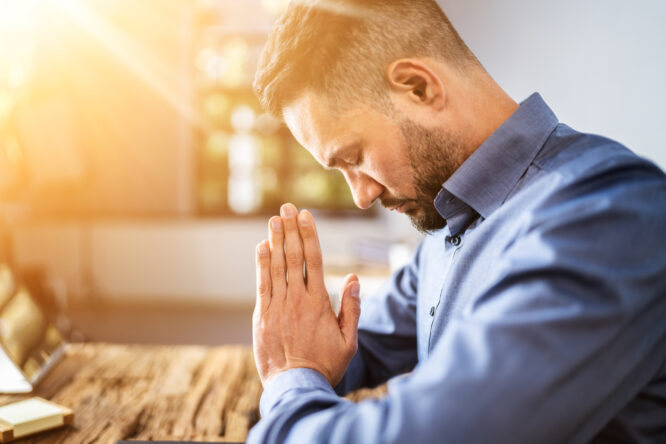
In the past, questioning your beliefs often felt like a secret crisis. Now, doubt is more normalised, and sometimes even encouraged. People are realising that asking hard questions isn’t a lack of faith. It’s a sign of depth. Communities that welcome questions, instead of fearing them, tend to thrive in this newer landscape. Those that punish or dismiss curiosity often find people quietly slipping away instead of wrestling to stay.
3. Authority starts to lose its grip.
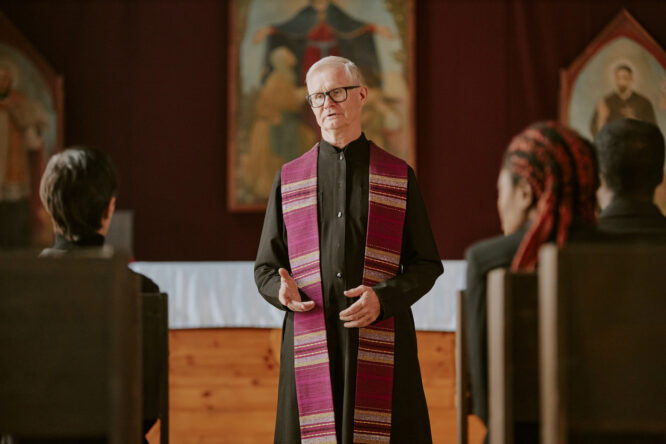
When belief drops, so does the unchallenged power of religious leaders. People aren’t just accepting what they’re told, they’re checking it, Googling it, questioning who gets to speak on behalf of God in the first place. This doesn’t mean everyone turns away from religion completely, but it does mean people want transparency, not hierarchy. They’re no longer looking for someone to stand between them and truth. They want to figure it out themselves.
4. Belonging gets redefined.
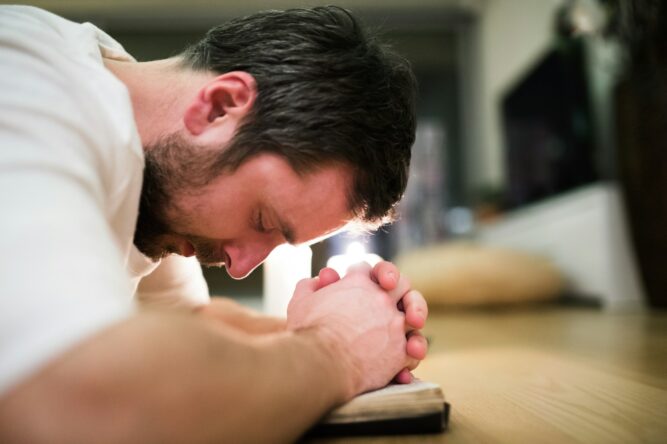
For generations, belonging meant being part of a church, mosque, synagogue, or temple. Now, people are finding spiritual connection in different places: book clubs, online forums, nature walks, even quiet chats over coffee. The structure is changing, but the human need for community remains. People still want to feel part of something bigger, of course. They just don’t want it tied to guilt, shame, or blind loyalty anymore.
5. Morality becomes more personal than prescribed.
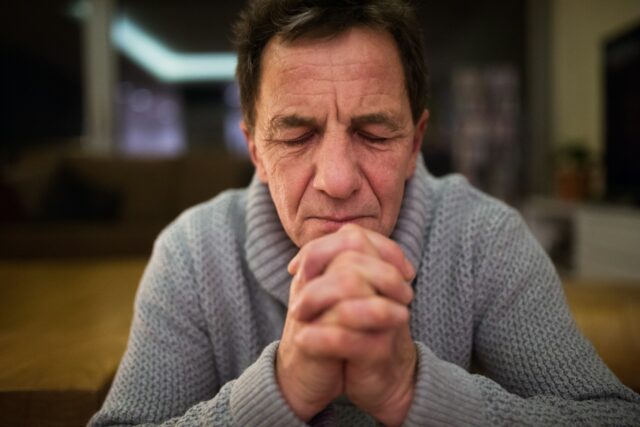
Without religion telling people what’s right and wrong, they start building their own moral compass, often shaped by empathy, lived experience, and shared values rather than ancient rules or fear of punishment. This change doesn’t mean people become less ethical. If anything, it forces them to think more critically about their actions. Morality stops being handed down and starts being worked out in real time, person by person.
6. Spirituality goes solo.
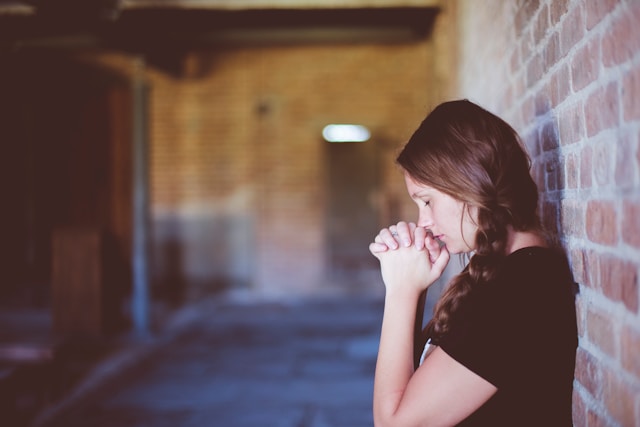
As belief in organised religion fades, personal spirituality tends to rise. People still feel a sense of connection, awe, or purpose, but they don’t necessarily want it packaged, labelled, or organised. For some, this means meditation or mindfulness. For others, it’s journaling, music, or long walks in the woods. The structure falls away, but the search for meaning stays strong. It just looks less like sermons and more like small, quiet rituals.
7. Silence becomes more powerful than sermons.

With fewer people attending weekly services, the loud, performative parts of religion are starting to take a back seat. Instead, people are drawn to spaces that offer stillness, reflection, or space to breathe. It’s less about someone telling you what to believe and more about sitting with your own questions. That transition from noise to nuance is subtle, but it speaks volumes about where modern spiritual hunger actually lives.
8. The Bible (and other texts) get read differently.
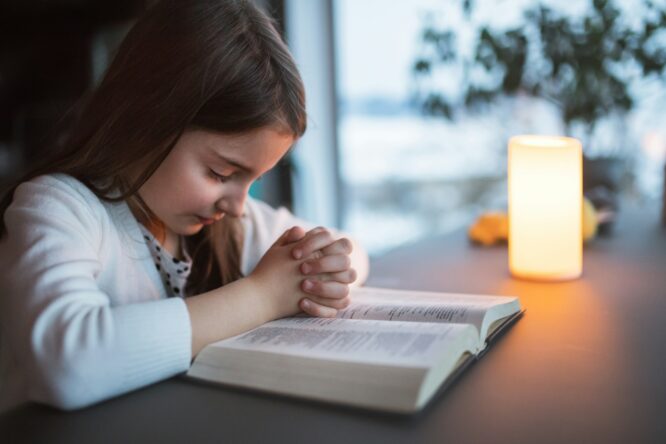
Instead of treating religious texts as untouchable, more people are approaching them like literature, full of metaphor, contradiction, and humanity. They’re studied, not worshipped. Explored, not just quoted. This opens up richer conversations. It also means that the same passages that once shut people down now get used to start thoughtful, layered discussions. They’re ones that include doubt, disagreement, and context.
9. Religious trauma starts coming to the surface.
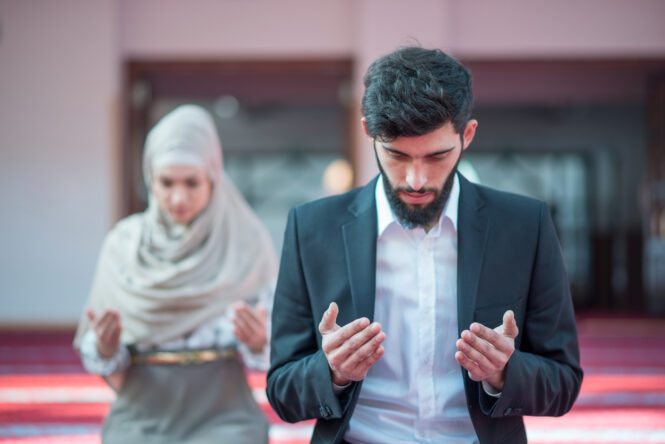
With more people walking away from rigid systems, there’s been a rise in stories about the harm those systems caused: think spiritual abuse, guilt, fear-based teaching. It’s no longer taboo to talk about it. It’s necessary. That honesty brings healing, and it also challenges religious institutions to take a long, uncomfortable look at the damage some of their practices have done in the name of faith.
10. Identity becomes separate from belief.

Someone might still call themselves Catholic, Jewish, Muslim, or Hindu even if they no longer believe in the core teachings. For many, identity is cultural as much as it is spiritual. You don’t have to choose between belonging and belief. This creates space for nuance. You can honour where you come from without having to agree with every part of it. That flexibility is a big reason some people stay loosely connected to religion even after their faith changes.
11. Interfaith conversations get more interesting.
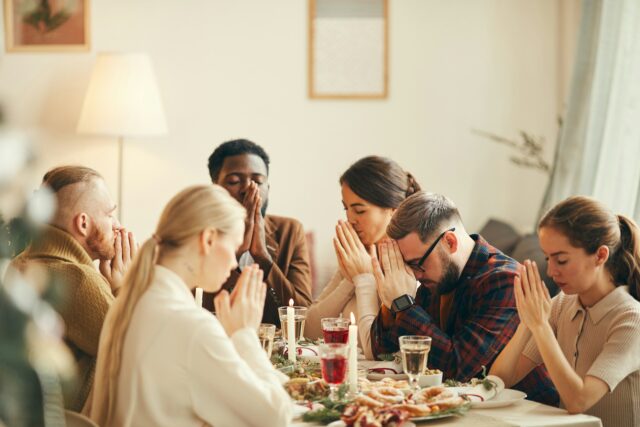
When belief isn’t rigid, people are more open to hearing perspectives from other faiths. You’re not as worried about being “led astray” when you’re not clutching your own beliefs in fear. Curiosity replaces competition. This makes room for shared values, deeper dialogue, and more understanding. People stop trying to convert each other and start actually listening, and that changes everything.
12. Younger generations expect inclusion, not tradition.

Young people today are less likely to tolerate exclusion, whether it’s about gender, sexuality, race, or identity. If religion doesn’t grow with them, they’ll simply leave. No protest, no drama. Just gone. Faith communities that refuse to adapt are losing touch. The ones that listen, evolve, and make room for difference? They’re still alive, yes, but they look very different from the institutions their elders grew up with.
13. Death and grief get reimagined.
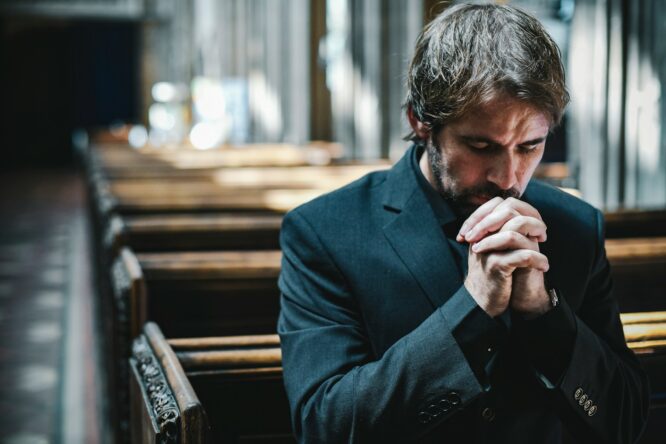
Without a clear belief in heaven or an afterlife, people are finding new ways to make sense of loss. That might mean legacy, memory, or just sitting with the unknown instead of forcing a narrative about what happens next. This can actually make grief feel more honest. Instead of leaning on certainty, people lean on each other, and that raw, uncertain comfort sometimes ends up feeling more human than anything written in a holy book.
14. Religion doesn’t disappear, it transforms.
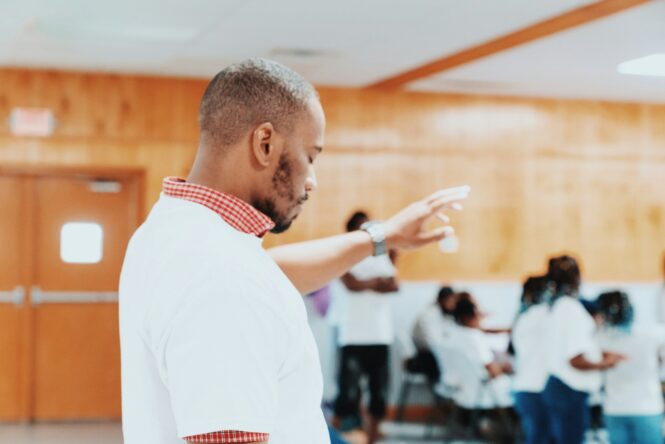
Even as formal belief declines, the core questions that religion has always tried to answer—Why are we here? How should we live? What comes next?—don’t go anywhere. They just start being asked in new ways, by new voices, in new spaces. What used to happen in churches or temples now happens in group chats, podcasts, poetry, and therapy rooms. Religion might lose some of its structure, but it won’t vanish. It’s just evolving into something less visible, but just as deeply felt.



